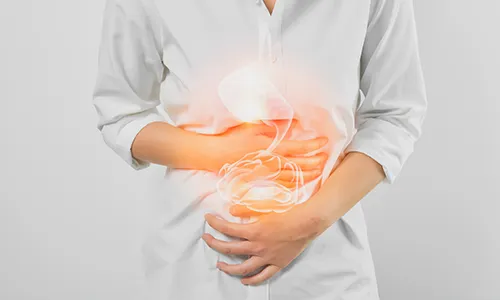

About Stomach Cancer
Stomach cancer, also known as gastric cancer, starts when normal, healthy cells in the stomach develop into an uncontrolled growth known as a tumor.


Risk Factors & Prevention
People over 55 are most likely to develop stomach cancer. Stomach cancer affects men twice as frequently as it affects women.
Some of the risk factors are:
- Family history
- Unhealthy Diet
- Previous Stomach Surgery
- Obesity
- Tobacco and alcohol
How is it prevented?
- Maintain a Healthy Eating Pattern
- Limiting alcohol
- Regular Physical Activity
- Treating Helicobacter pylori infection
- Avoid smoking
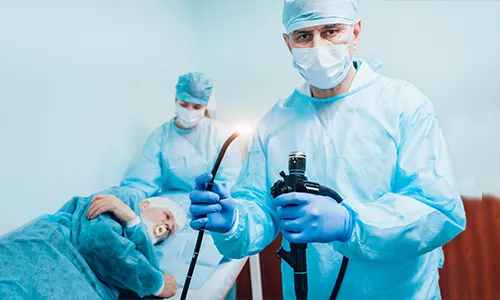

Screening
There isn’t a common or regular screening procedure for stomach cancer.
- Barium Swallow
- Upper endoscopy


Symptoms & Signs
- Nausea and vomiting, especially after consuming solid meals and doing so quickly after
- Constipation
- Stomach bloating following meals
- Reduced appetite
- Stomach pain
- Feeling while eating that food is becoming trapped in the throat
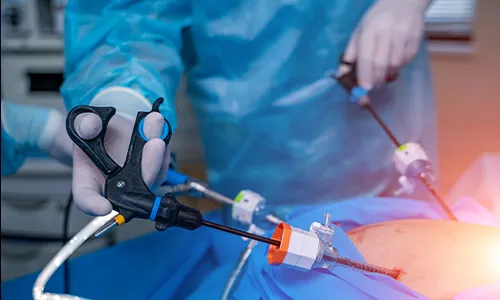

Diagnosis
Different Types of tests are conducted by doctors for different signs and symptoms:
- Biopsy
- Upper Endoscopy
- Laparoscopy
- CT scan
- PET scan
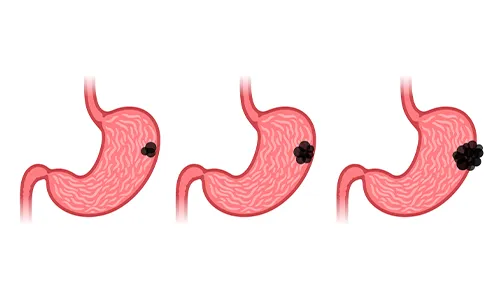

Stages
For Stomach Cancer, the TNM staging method is most frequently used to determine treatment options.
A Tumor(T)- Where is the tumor located, and how many layers of the stomach are invaded by it?
Node (N) – Has cancer spread to the lymph nodes?
Metastasis (M) – Has cancer metastasized (M) to other body organs?
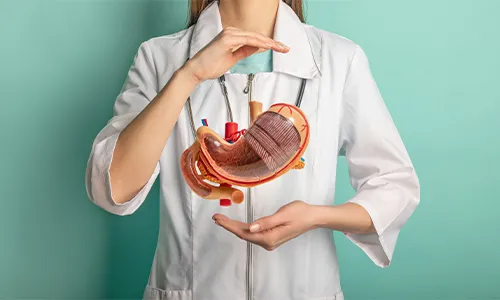

Treatment Modalities
a. Surgical Oncology
- To remove the cancerous tumors from the stomach, different forms of surgery are used endoscopic mucosal resection, partial gastrectomy, & total gastrectomy, along with lymph node dissection.
b. Medical Oncology
- In order to reach cancer cells throughout the body during therapy, medication may be injected into the bloodstream (systemic treatment).
Advanced stomach cancer is treated with a variety of drugs, including:
- Targeted therapy
- Immunotherapy
- Chemotherapy
c. Radiation Oncology
- Targeted radiation can shrink tumors and kill cancer cells in adjacent lymph nodes, reducing the probability that cancer will spread. Radiation therapy is not very often used to treat stomach cancer.
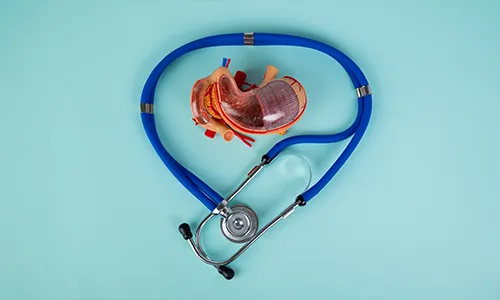

Coping with Treatment
Along with the medical side effects of Stomach cancer therapy, patients also deal with the financial burden of cancer care and the emotional and social impacts. MOC provides facility of Psycho Onco-Counseling and Nutritional counseling to help patients.


Do’s & Don’ts During Treatment
Do’s
- Have small Meals
- Eat regularly and healthily
- Try having liquid snacks
Don’t
- Avoid Processed Foods
- Avoid Alcohol
- Limit Caffeine


Post-Treatment Support
Post-treatment Stomach cancer survivors can go through long-term side effects of treatment. Long-term and late consequences may follow from physical and emotional changes. Survivors should talk with people who already have this cancer.
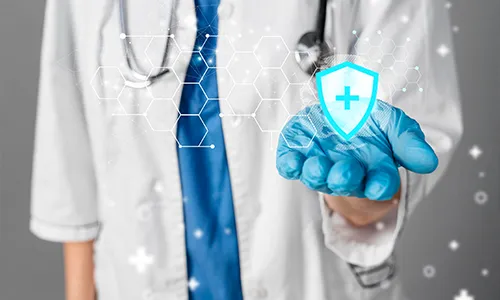

Follow-ups Cancer Care Plan
Post-treatment one must request a follow-up treatment plan. Doctors provide a personalized treatment plan based on the type and stage of cancer.
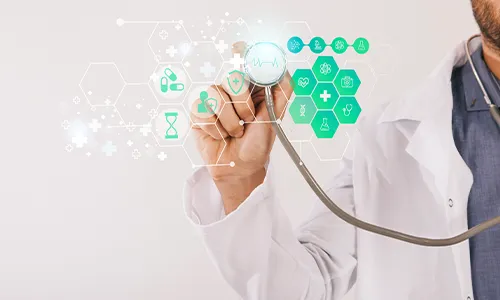

Surveillance and monitoring for Signs & Symptoms of Recurrence
For cancer survivors, along with other health concerns, cancer recurrence is a major concern. The location of the cancer, the prior therapies you received, and your general health will all affect your treatment options should cancer recur at any point.


FAQs
-
Can Stomach Cancer Be Missed?
Often, stomach cancer lies undiagnosed for several years.
-
What Should I Expect Following Surgery for Stomach Cancer?
Pain, Nausea, Heartburn, Diarrhea & Fatigue
Specialized Doctors at M | O | C
Find the nearest center
Cancer Centres
Mumbai
Pune
Rest of Maharashtra
Gujarat
Delhi NCR
Cancer Clinics
Borivali
+91 9920767626
Book Your Appointment




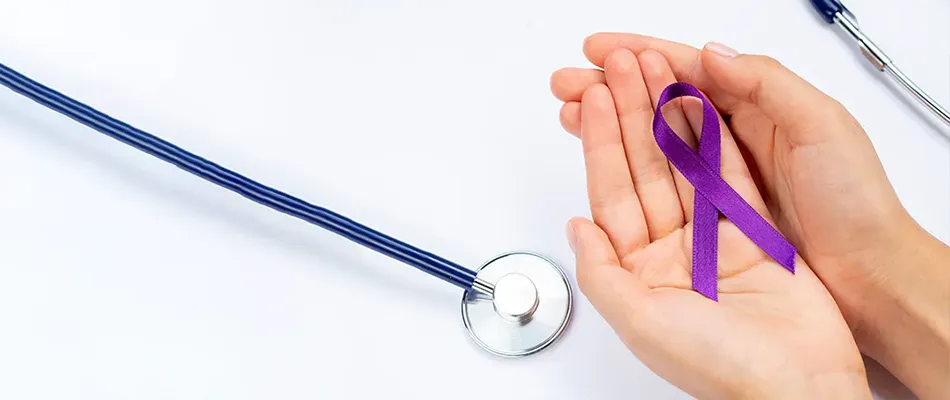
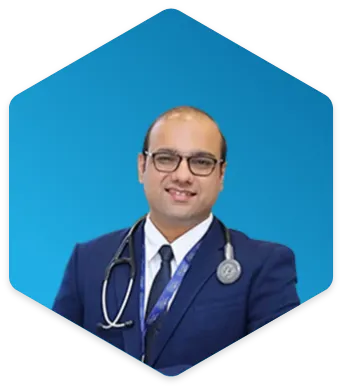
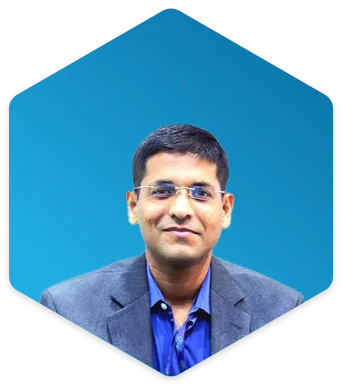
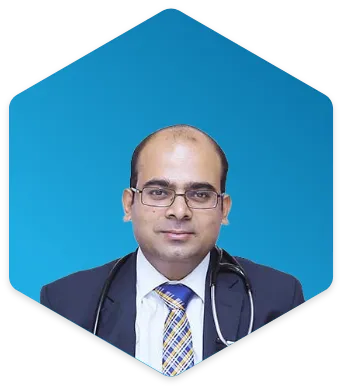
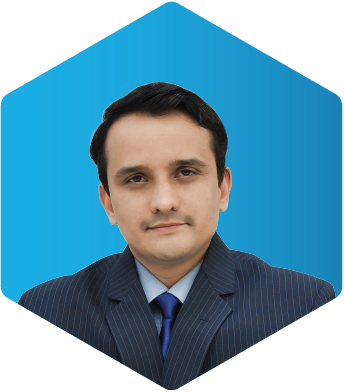
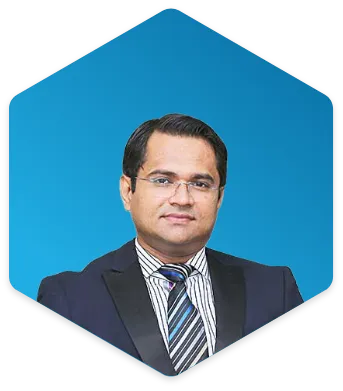
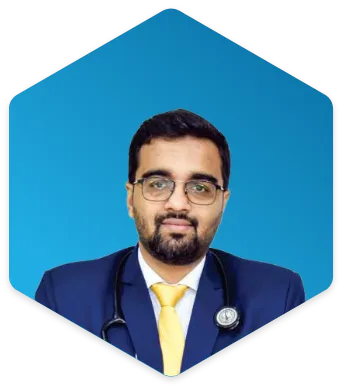
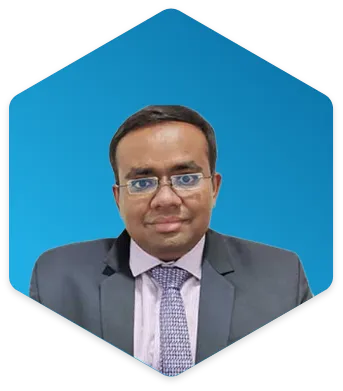
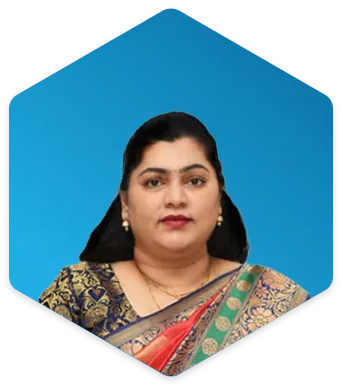
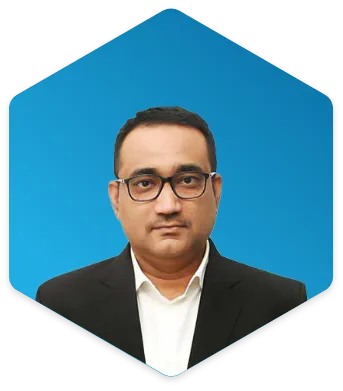
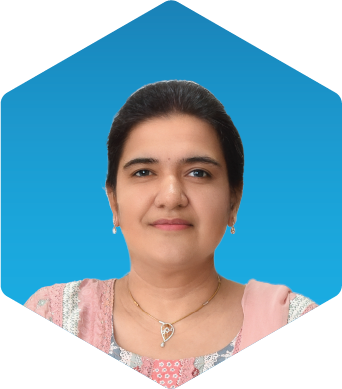
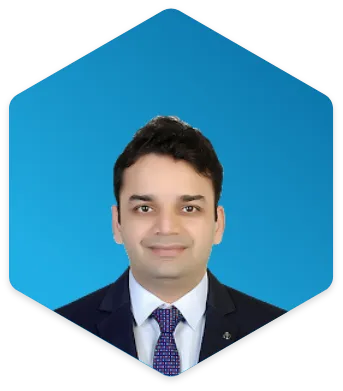
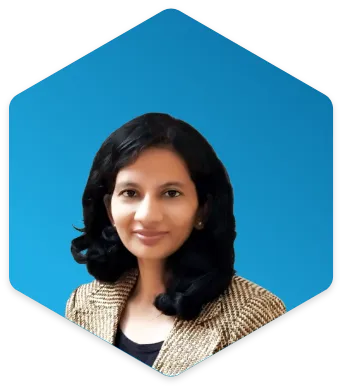
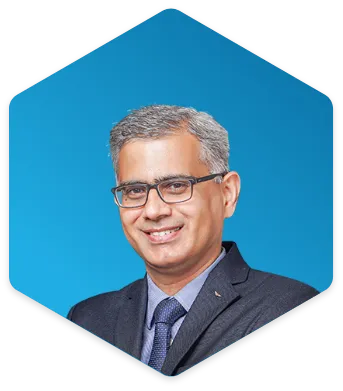
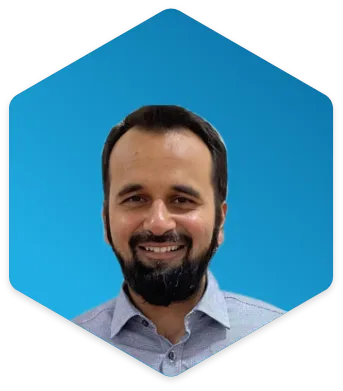
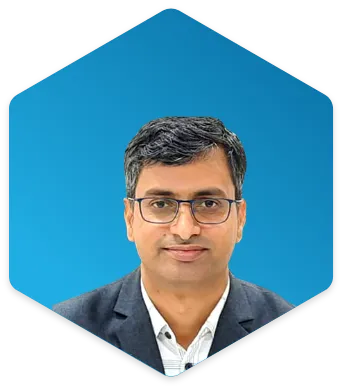
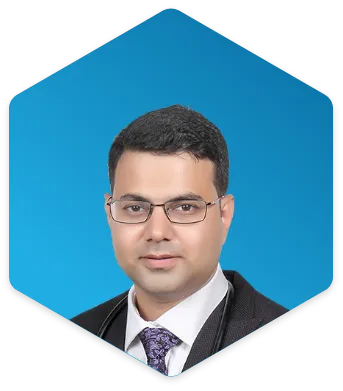
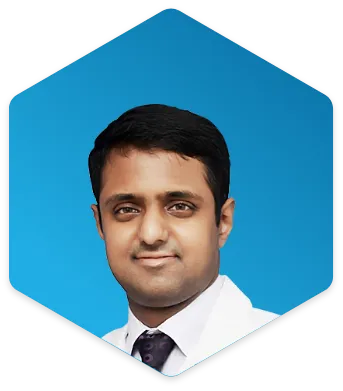
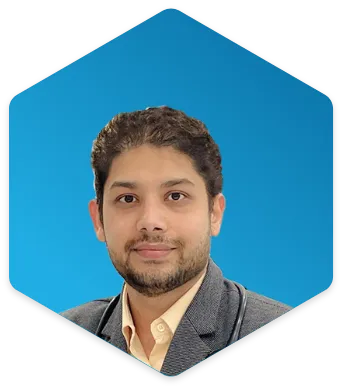
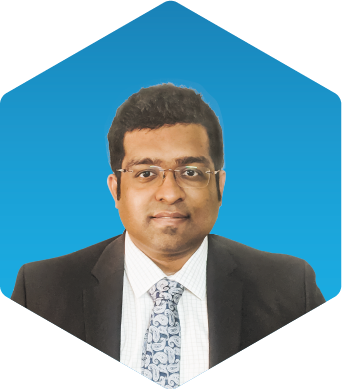
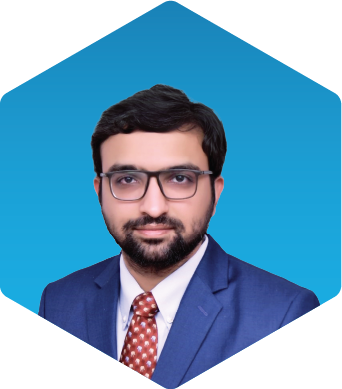

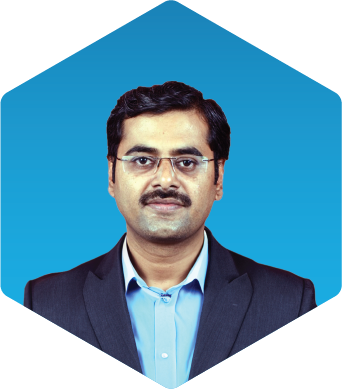
.png)
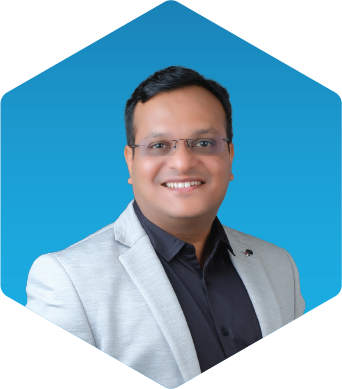
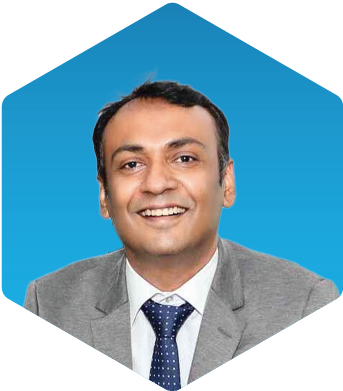


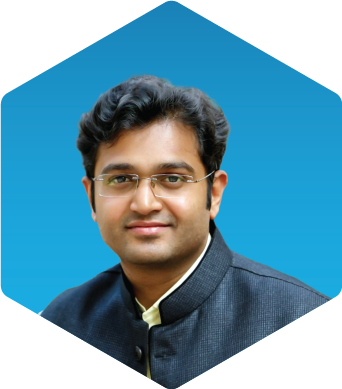
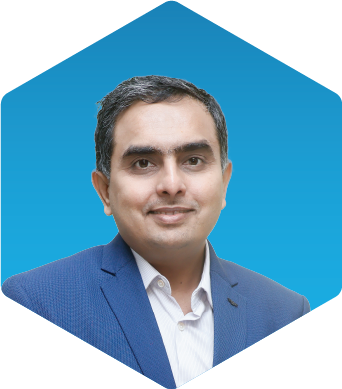

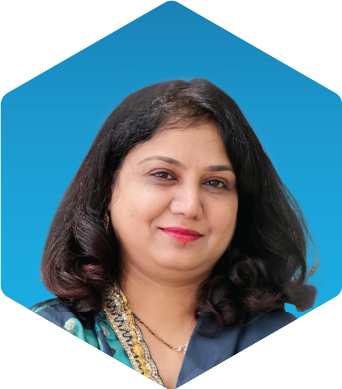
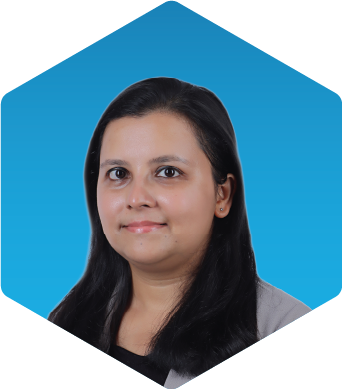
.png)
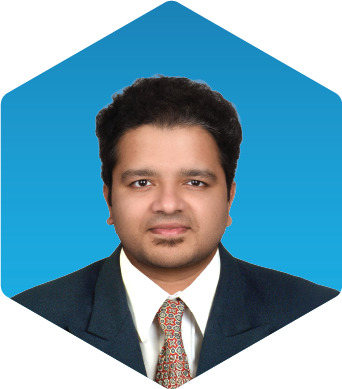
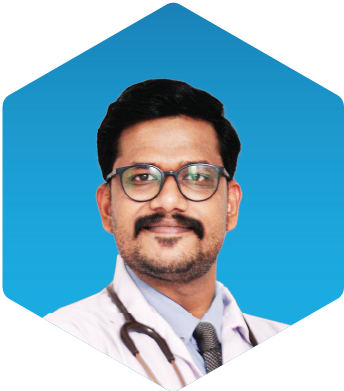
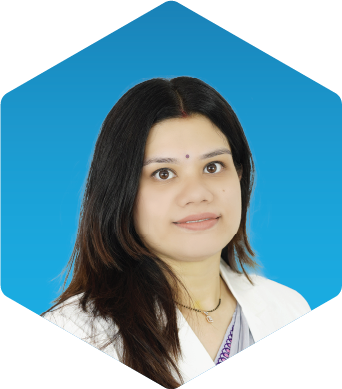
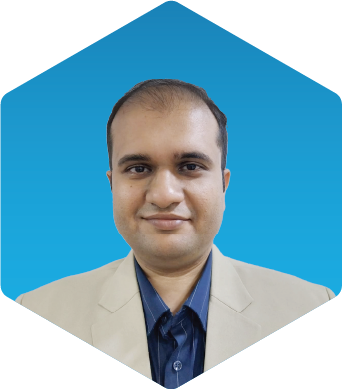
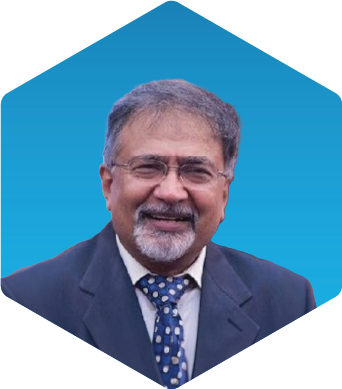
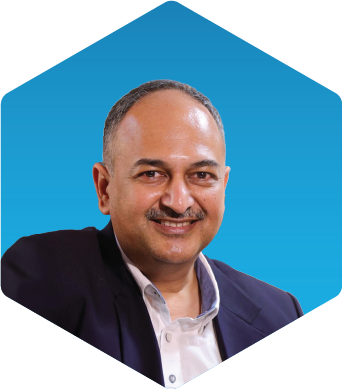
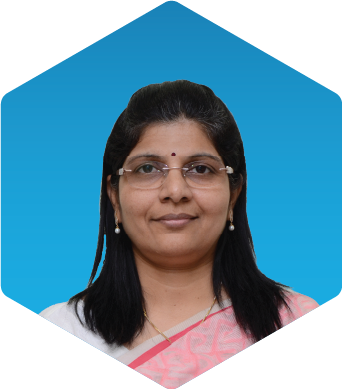
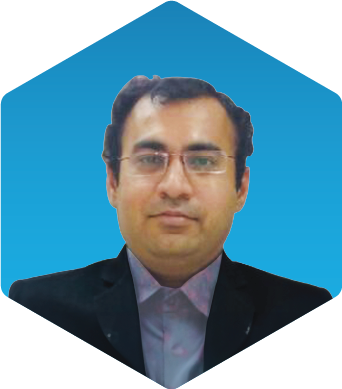
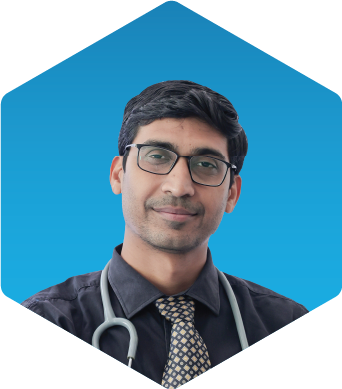
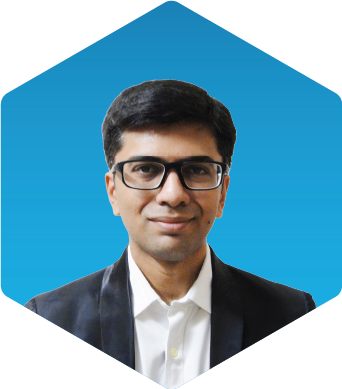
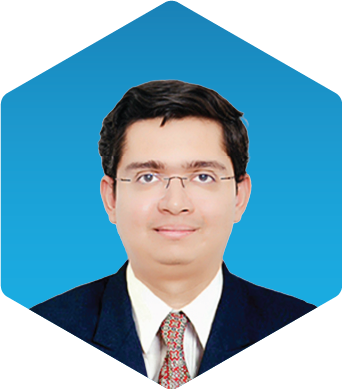
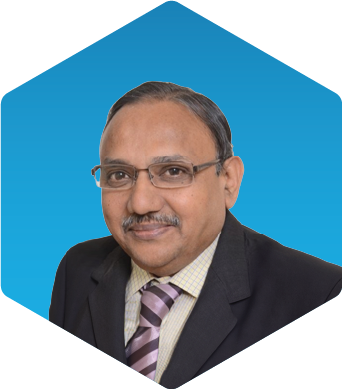
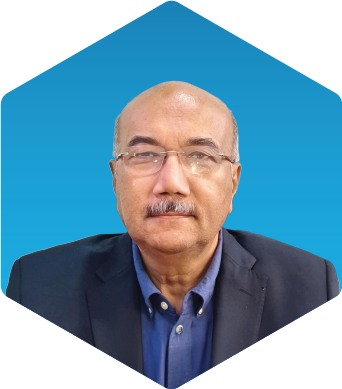
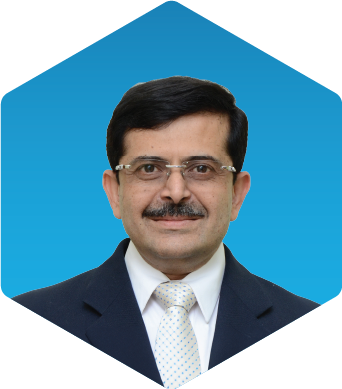
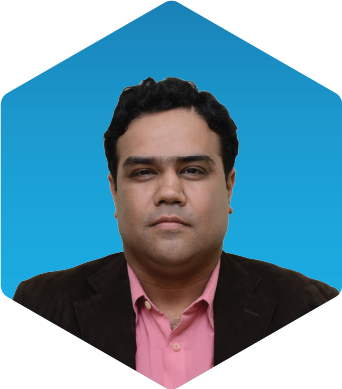
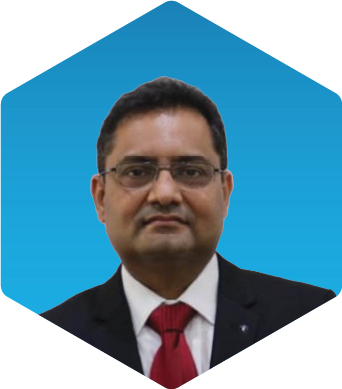
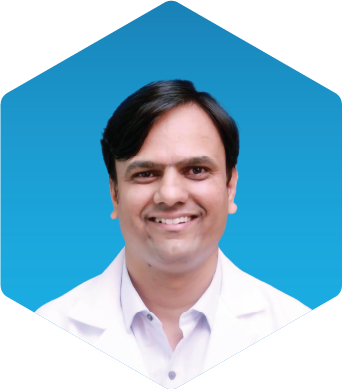
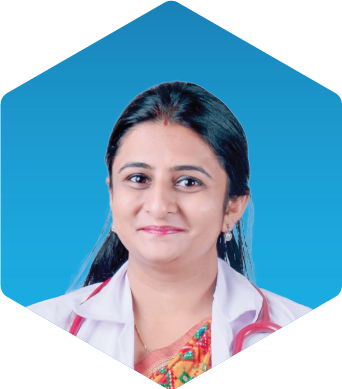
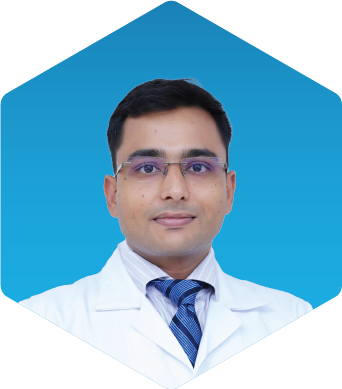
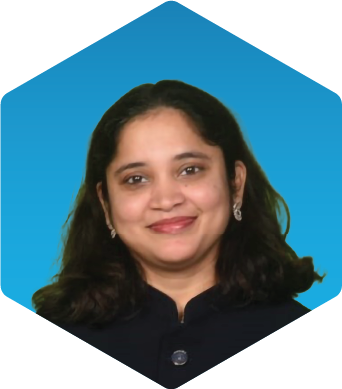
.png)
.png)
.png)



